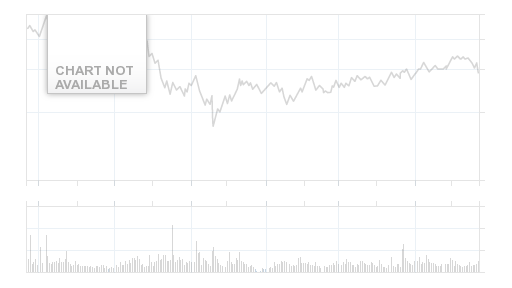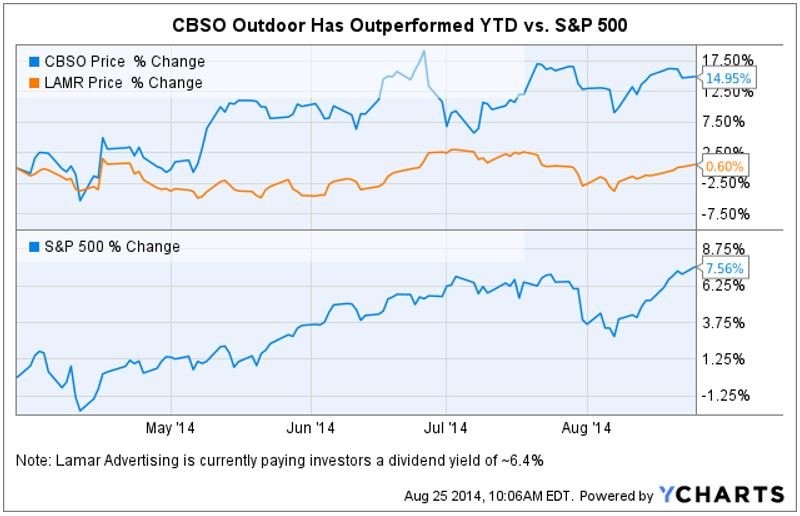How to invest in REITs Yahoo Finance Canada
Post on: 4 Апрель, 2015 No Comment

Investing & Planning
NEW YORK (MainStreet )—Retail investors can realize numerous benefits from investing in real estate investment trusts (REITs). Dividends, protection against inflation and exposure to real estate are just a few incentives for buying in. As with any investment, REITs do carry their risks. Here are some key points to keep in mind when deciding whether or not to purchase these securities.
Real Estate Diversification
Cuggino emphasizes the importance of diversity for investors looking to gain REIT exposure. Different sub-sectors of the real estate market behave differently, he said. Just because office buildings are doing well, that doesn’t mean that residential real estate is doing well. Or if warehouses are doing well, that doesn’t mean that healthcare REITs are doing well.
[Read: Housing Market Hits Awkward Teenager Growth Spurt ]
Dividends are another key aspect for investors to keep in mind when looking at REITs. They are good income vehicles and are a good hedge against inflation of paper money, Cuggino said. They have provided a great total return over the years when you combine the dividend yield and the asset appreciation.
Income Implications
Cuggino’s sentiment on the value of dividends is echoed by Peter Sorrentino, a senior portfolio manager for Huntington Asset Advisors. REITs are especially attractive for a retail investor, he said. They are very useful now when it’s tough to get a return on anything in the way of regular income. REITs also get the benefit of the depreciation shield.
Sorrentino notes various types of REITs can be used to add precision to an investment strategy. You can get into different parts of an economic cycle utilizing REITs, he said. Hotel and self-storage REITs are very early to pick up an economic cycle, because they re-price every night or once a month. So if it’s early in an economic cycle you can play that type of REIT.
Regardless of the type of REIT being considered, investors should pay careful attention to valuations. REITs have a nasty habit of blowing up once a decade, Sorrentino said. I always caution people to not be the last person to buy into a REIT. When yields get down and prices have been hot for a while, it’s best to step away from them.
[Read: One More Weekend of Open Houses Could Cost You Money ]

Valuation Dynamics
In searching for the right REIT, investors are likely to encounter differing valuations based on geographic locations. Three or four years ago we were finding tremendous opportunities in REITs in Japan, said Drew Edwards, a manager for the Advisory Research International Small Cap Value Fund (ADVIX). REITs in Japan have since really taken off and as we look at the world today we’re finding more value in pockets in Japan other than REITs.
The uptrend in valuations may be a sign that Japanese REITs have become an overcrowded play. Investors in Japan, as in most places around the world today, are very focused on yield, Edwards said. They’ve been chasing any investment that kicks off an attractive yield. A lot of investors have piled into that trade and have driven up valuations significantly.
Marco Priani, also a manager for the Advisory Research International Small Cap Value Fund, points out that REITs with sizable yields are not necessarily desirable investments. You have to be careful, he said. Sometimes the most attractive yields contain risk. They are yielding so much because there is fear that the company will not be able to make its payments on loans and will have to issue equity.
Written for MainStreet by Billy Fisher














